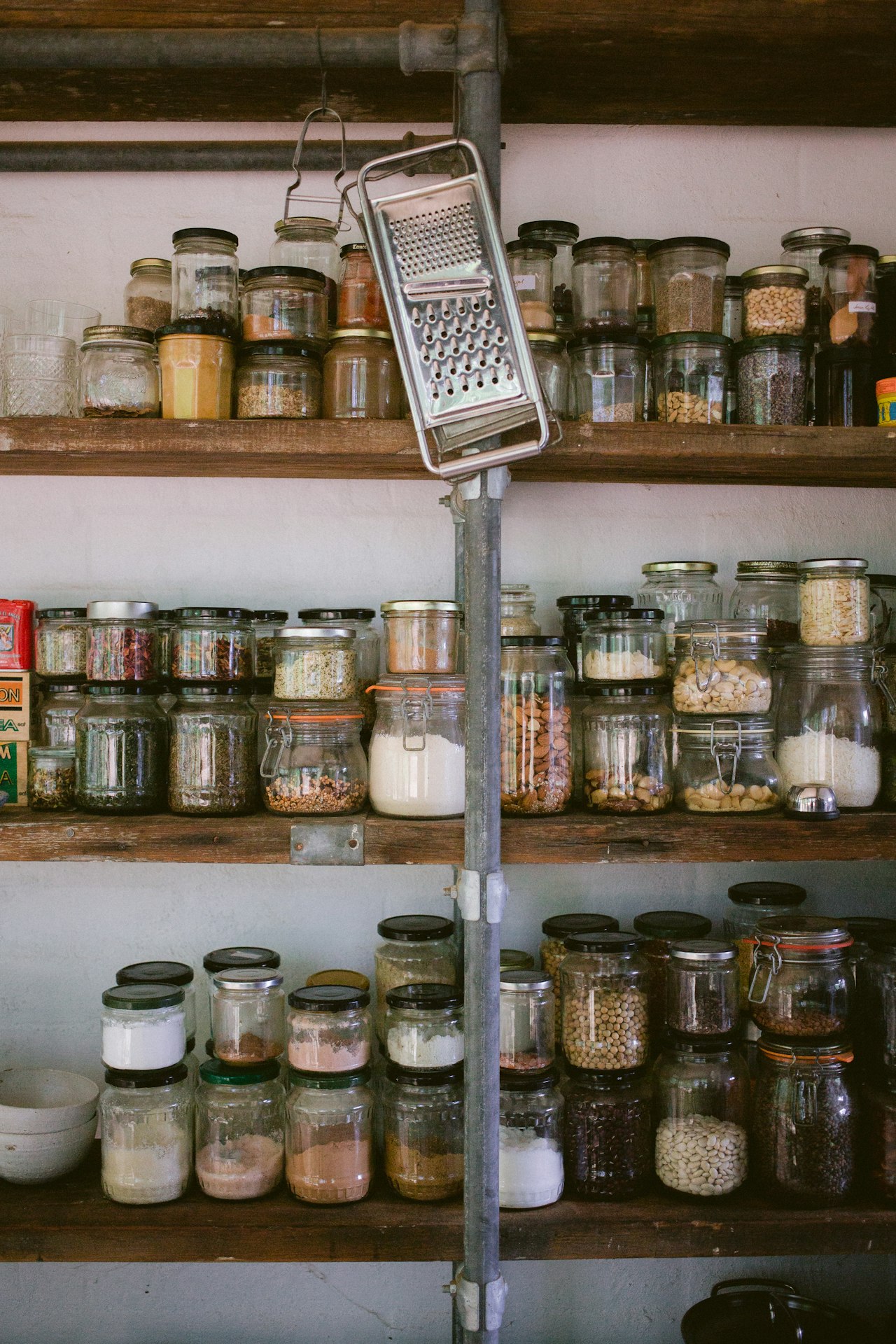Buying your first home is an exciting time, but it can bring about some new challenges. One of the biggest challenges many homebuyers face is securing a down payment. Unless you qualify for a loan that offers a no down payment option, such as a VA home loan for military veterans, you may be required to put down a certain percentage of the purchase price to close on the home. The more you can put down upfront, the less you will have to borrow, resulting in a lower monthly mortgage payment. How much you have available for your down payment and closing costs can affect which loan programs you qualify for.
The Type Of Loan You Choose May Determine Your Down Payment
The most common down payment is 20% of the purchase price for a conventional loan. However, other loan programs may have different requirements. For example, the FHA loan will allow you to put down as little as 3.5% down. Keep in mind that FHA loan down payments are regulated in many ways. Your real estate agent can help you with the FHA loan guidelines and requirements if you choose to go that route. While other conventional loan options may allow you to put down less than 20%, they may require private mortgage insurance (PMI).
How To Save For Your Down Payment
Setting aside 20% of your income for one to three years is a good rule of thumb to save for your down payment. You may need to create a new budget to save that large amount of money. How you budget will be up to you and your family’s needs. Look for ways to cut expenses, like cutting your cable and shopping around for lower-cost service and utility providers. You can make more meals at home instead of buying pricey take-out meals and visiting coffee shops. Some people temporarily take on a second job or sell their gently used belongings to make extra money. You can also set aside your tax refunds or any other money that you receive to add to your savings.
In addition to saving up for your down payment, various options are acceptable for securing your down payment for your first home.
Receiving Gift Funds
If you have a nest egg that your parents or another relative can give to you, this can be a big help! There are stipulations sometimes. However, most lenders accept a “gift.” The amount of the gift and who is giving the gift may need to be considered, so you will need to check with your mortgage lender. In most cases, the gift must be accompanied by a letter stating that the money is a gift and not a loan. In some cases, the gift-giver may be required to submit their bank statement to prove that they have the money to give you. Every source of your down payment, including gift funding, must have a proper paper trail for the lender to accept it.
DPA And Grant Programs
There are many federal, state, and local programs that may help you meet your minimum down payment requirement. In some cases, you may be able to use the funds to pay your closing costs, as well. Grant programs offer qualified buyers money towards their down payment that may not have to be repaid, in some cases. Down Payment Assistance (DPA)programs may vary. Your real estate agent or lender should be able to provide you with more information on these programs.
Inheritance Funds
You can use inheritance funds as an acceptable source for your down payment. You can apply for your mortgage before you receive these funds, but you may need to have the money secured by the time the loan closes.
Employer Assistance
Check with your employer to see if there are any programs they offer to assist with your down payment. Many government agencies and educational institutions offer down payment and home buying assistance programs to their employees. Many companies offer relocation assistance programs as well. So, if you are up for a promotion or a new position for a job in a new city, ask your Human Resources department to see if there are any of these relocation benefits available to you.
Retirement Investments And Assets
You will need to use extreme caution if using this option. You can borrow money from your retirement savings plan, however there will be tax penalties. Some plans may require you to pay the money back. It may be tempting to assume that by keeping your mortgage payment lower, you'll repay your retirement account. Talk to your financial advisor if you are considering this option.
In Conclusion
When you are ready to buy your first home, there is much to consider. Hopefully this blog post gives you some ideas on how to secure your down payment. If you need any additional information or have questions, speak with a local real estate agent to get started!
























































